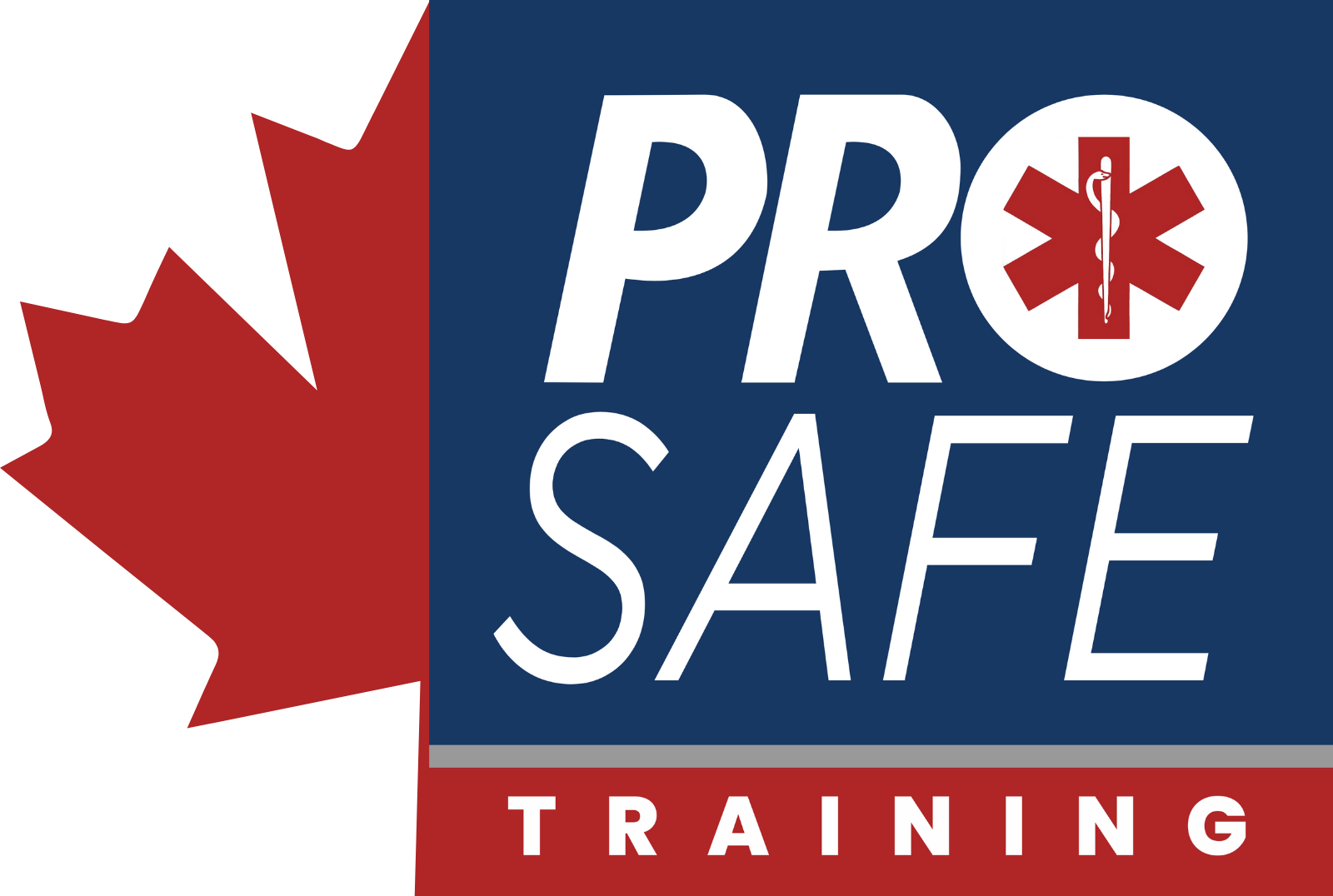Changing Athletes’ Lives: Why ProSafe’s New Sports Medic Courses are Perfect for an Active Lifestyle

There’s no doubt that Vancouver is a city that embraces fitness as an integral part of our culture. Need proof? Look no further than the throngs of joggers and cyclists along the seawall, or the variety of sports being played in our multitude of parks and arenas. Staying active is even embedded within our education system: coaches, fitness instructors, athletic coordinators, and parents alike live in hope that seeds planted in school can sprout into professional athletic careers.
In keeping with this spirit, ProSafe First Aid has recently revealed our newest programs – Sports Medic 1 and Sports Medic 2. These specialty courses cover a variety of topics, and are tailored for those who work alongside athletes, or are athletes themselves. Prospective trainers and coaches, future champions, and even parents will find plenty to offer here. When fun activities turn into hazardous situations, it is important that someone is present to take care of the injured, and ensure that the care extends into their next bout of play.
One of the key features of both Sports Medic programs is that they are specifically designed to keep athletes in play, even after potential injuries have occurred. Few things are more disheartening than having to sit out of a game due to an injury, particularly in contact sports. Using the techniques taught in Sports Medic 1 and 2, these sideline issues can be assessed and treated on the spot, ensuring the flow of the game doesn’t stop unless it has to.
The Sports Medic 1 course takes place over the span of two days, with the first day focusing exclusively on kinesiologic athletic taping (used to hold muscles or bones in a particular position.) Athletes who are currently in rehabilitation, or have experienced injuries while participating in their activity of choice, will be familiar with these stabilizing wraps. The second day includes an eight-hour Emergency First Aid (EFA) course that is tied to more serious injuries, such as respiratory and cardiac arrest. Those who complete the program will receive their EFA and CPR/AED Level C designations. It is important to be able to assess if an athlete is able to return to play or needs additional medical attention; going back to play could easily further aggravate an injury or make things worse.
For those seeking to further their athletic first aid training, Sports Medic 2 delves deeper into many of the topics explored within Level 1. Taping and CPR/AED are still included, and the first aid portion extends the certification into Standard First Aid. This program is meticulously constructed by some of Canada’s industry-leading instructors. Rehabilitation, as well as the treatment of situationally specific issues, such as overdoses or serious spinal injuries, are covered through the Level 2 course.
Athletic activities are an instrumental part of many people’s lives. Having to take a step back due to an injury is something that no athlete, regardless of their skill level, ever wants to do. By completing ProSafe’s unique Sports Medic programs, you can potentially make a difference in someone’s life, whether by treating a sprained ankle, or saving them altogether.
